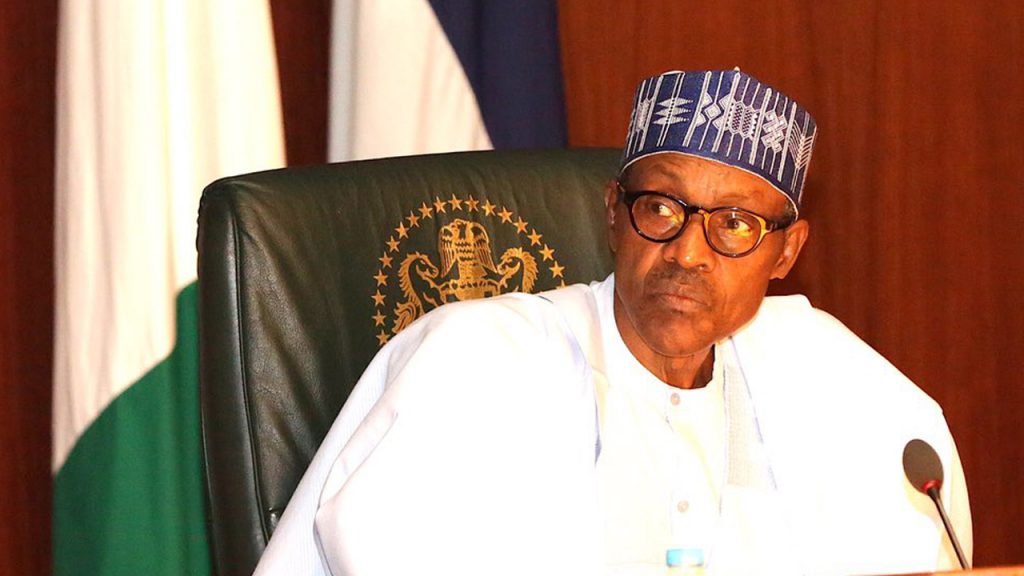If there is one point the most rabid supporters of President Muhammadu Buhari love to squeal about, it is the narrative that their beloved statesman is fighting corruption. With absolute zeal, Buhari’s handlers have burnished anti-corruption credentials of their principal so much that it keeps resonating with key audiences at home and abroad. For instance, the African Union, the continental body of all African countries named Buhari as its anti-corruption champion in 2018. At home too, even the most acerbic critics of the President find it hard to assail the iron-clad narrative, which portrays the Nigerian President as a leader who does not countenance corruption.
However, there are times when facts dismantle even the well-woven narratives. That appears to be the case with the recent release of the report of the audit of Ministries Departments and Agencies (MDAs) by the Auditor-General of the Federation. The report focuses on financial transactions of MDAs for the 2017 fiscal year, and its conclusions make it apparent that fighting corruption is a process, which goes beyond episodic efforts. The sordid revelations in the report make it clear that to effectively fight the monster of unbridled corruption, institutions must follow processes laid down to entrench accountability. It is telling that an administration presided over by Africa’s anti-corruption warrior holds the distinction of superintending MDAs, which regularly act in defiance for extant accountability rules, as the audit report shows.
One glaring instance from the report is the revelation that a whooping 265 MDAs received appropriated funds, but did not submit any report whatsoever about how they spent the money. With the reality that this particular audit is only focusing on 2017, it can be concluded that those 265 MDAs, which flagrantly violated key processes, went ahead to receive appropriations in 2018 and 2019. The report also detailed how 11 MDAs have never submitted their financial reports since establishment. Like many things Nigerian however, those defaulting MDAs, which should have been barred from receiving appropriated funds have continued to smile to the bank at the expense of the Nigerian public treasury. Again, the report on the MDAs provides insights into other sharp practices, including how some of the reviewed MDAs blatantly refuse to return surplus revenues to the treasury, with such instances costing the country billions of Naira.
As usual civic and anti-corruption groups have been shouting to the high heavens, condemning the lax culture of accountability amongst the MDAs. They have argued that the respect to lack of financials guidelines point to the collective failure of the executive and the National Assembly to enforce fiscal discipline and responsibility across all structures of government.
According to the Resource Centre for Human Rights&Civic Education (CHRICED) whose Executive Director, Comrade Dr. Ibrahim M. Zikirullahi issued a statement on the development, both the executive and the National Assembly are complicit.
“A National Assembly, which knows its onion, would have since stopped making appropriation for all MDAs that have failed to account for what they received from the public till. Similarly, an executive arm, which is clear-headed enough and understands the damage caused by MDAs deliberately bleeding the country, would have set up a feedback mechanism to check the efficiency and effectiveness of financial resources allocated to these bodies and spent by them,” the organization said in a statement. Other concerned citizens have drawn attention to the implication of the lax culture of financial accountability across the indicted MDAs. The conclusion is that nothing good in terms of policies and programmes can ever come out of opaque and corruption-ridden MDAs, which dodge accountability, and fail to let a statutory body know how they spent monies, which accrued to them.
It is for this reason that anti-corruption activists have called on the government to give the marching orders to the MDAs in terms of a deadline within which the defaulting agencies should meet up with their reporting obligations. Others have called for the officers who were derelict in the erring MDAs to be seriously sanctioned to serve as deterrent against such opaque approach to public finance management, while monies lost to those lax and sharp practices should be recovered and returned to the nation’s treasury. Like many similar calls in the past, the quest for accountability in the MDAs may likely fall on deaf ears. Till date, the silence from President Buhari and his team over these acts of instutionalised corruption have been deafening. Part of the reality of this situation is that those who make conclusions on the basis of facts, and not sentiments would judge the President on such basis. Therefore, whether the President acts to arrest the impunity being perpetrated by the MDAs within his government or not, he is writing his own records, which no expert spinners, with all their whitewashing skills can erase.






















